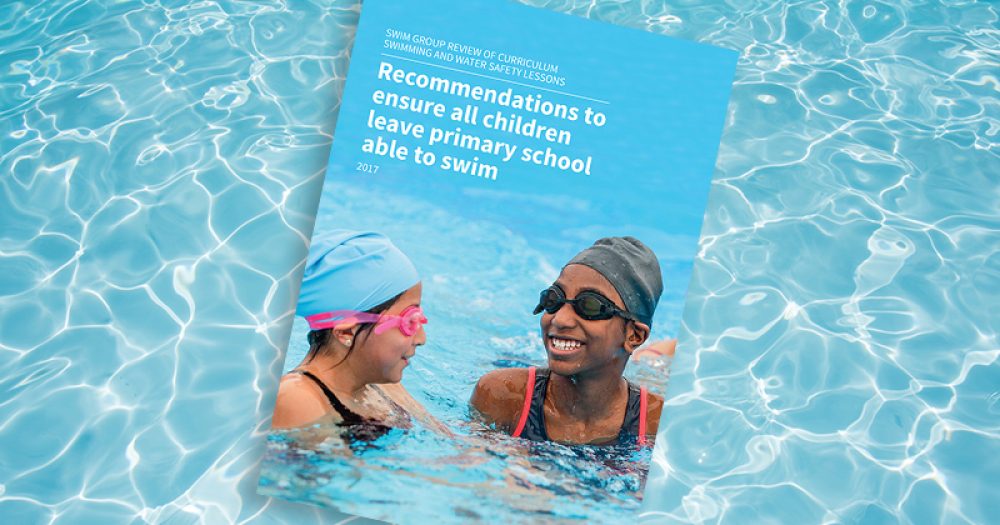Almost a third of primary pupils left school this year unable to swim, new figures show, as a major review calls for an overhaul of how swimming is taught to ensure schools deliver on their curriculum requirements.
Figures published today show that one in 20 primary schools provide no swimming lessons at all – despite water safety being part of the national curriculum.
A study commissioned by Swim England also claimed that swimming provision was so poor in the remaining primaries that just a third of schools are providing “effective lessons that reach all national curriculum standards”.
The figures were published as part of a major review of how swimming is taught in schools by the Swim Group’s Curriculum Swimming and Water Safety Review Group.
The group concluded swimming teaching in schools is being sidelined because of curriculum pressures.
The report was also critical of the fact that just 11 teacher-training colleges including swimming in their training.
“We know that over a thousand schools don’t teach swimming even though it is a statutory requirement,” said Steve Parry, a former Olympian and chair of the group.
“At the moment we are failing our children by not helping them learn an essential skill. Hundreds of people drown ever year and that is something we can remedy.”
He believes water safety should not be treated as an optional extra of the curriculum, and urged Ofsted to set quality standards for curriculum swimming.
“That is the silver bullet for ensuring schools deliver swimming,” he said.
The report also outlined recommendations including for a new top-up swimming programme for all primary pupils, funding for teacher training and for tax breaks for private companies that open up their swimming pools to schools.
The group also pledged to support schools and councils in areas without swimming pools to access different facilities, such as mobile pools or outdoor swimming.
Robert Goodwill, the children’s minister, accepted that schools have a duty to teach children how to swim.
“These findings show that more needs to be done to ensure all schools feel confident teaching swimming to students,” he said, “which is why we will continue to work closely with Swim England and the Swim Group to review the recommendations within this report.”
A total of 3,000 primary school parents took part in the study. A third of those parents had a child aged 10-11 in Year 6.
Swim England’s recommendations:
- Government to support a new top-up swimming programme so all primary pupils reach statutory standards for swimming and water safety
- DfE to support national roll-out of new curriculum swimming and water safety resource pack to all primaries
- Swim England to agree a standardised definition of national curriculum requirements
- Government to include a swimming programme of study in next national curriculum review
- Government to fund specific training for school teachers and staff who deliver swimming lessons
- DfE and Swim Group to create a teachers’ summer school to upskill teachers in delivering swimming curriculum
- DfE to add a condition as part of primary premium monitoring that schools must publish swimming attainment levels
- Swim Group to develop a swimming report template as part of curriculum pack
- Swim England and Swim Group to support schools and councils to explore different facilities such as mobile pools where access to water space is difficult
- Councils to develop a school swimming and water safety delivery plan for all primaries
- Grant private operators tax breaks to open their pools to schools
- Ensure primary schools are consulted over swimming pool closure impact assessments
- Encourage education groups including unions and governors associations to work with swimming agencies to raise awareness of curriculum requirements
- Secondary schools to work with water safety groups to ensure education continues through key stage 3 and 4








Your thoughts